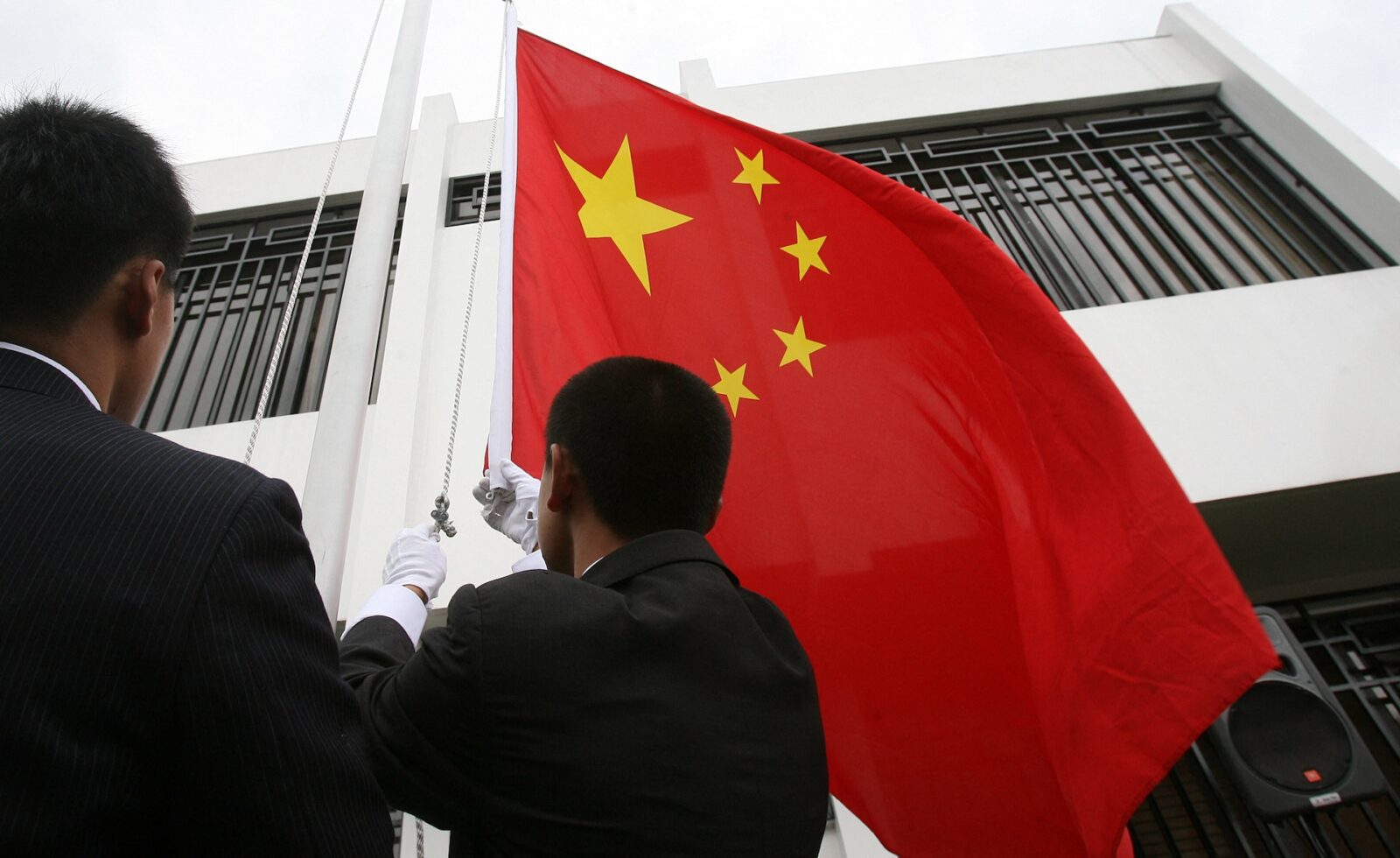BY Lorena Baires/Diálogo
The seemingly large presence of Chinese companies in Central and South America is causing concern among social and political analysts, environmental news site Mongabay Latam reported. The reality may closer to an illusion, only useful to the Asian nation and its purposes.
“The presence of Chinese companies in the region is overestimated,” Napoleón Campos, a Salvadoran specialist in International Relations, Regional Integration, and Migrations, told Diálogo on November 14. “This overestimation causes people to think of an avalanche of Chinese capital and the opening of sources of employment. But none of this exists, even for entrenched authoritarian regimes such as Cuba, Venezuela, Bolivia, and Nicaragua.”
For example, on October 23, Laureano Ortega, son of Nicaraguan dictators Daniel Ortega and Rosario Murillo, announced a six million-dollar package of projects with China, as a result of his participation in the 3rd Belt and Road Forum held in Beijing in October. Details of any of the commitments and how they will handle the money were not disclosed. “Most of China’s promises do not materialize, but they do allow them to expand their presence in the region,” Nicaraguan daily La Prensa reported.
“That idea of the ideological left of trading with China […] vanished as quickly or sooner than it appeared,” Campos added. “Both North America and Europe continue to be the big partners for Central America.”
“Relations with China are in decline. There is a very dangerous imbalance between the growth of Chinese exports compared to its imports, causing [in Latin America] greater dependence,” researcher Oscar Garro of the Observatory of International Politics, told daily Semanario Universidad of the University of Costa Rica. “The consumer in Costa Rica definitely sees a greater presence of products such as clothing and footwear manufactured in China, but […] why not strengthen these supply chains to produce them in our country, instead of importing them from China? It would give us more economic, population, job, and food security, and investment in national and regional industries.”
China is promising foreign companies more access to its markets and more than $100 billion in new financing for other developing economies. Meanwhile, its economy is experiencing a slowdown and a slump in foreign investment, Colombian magazine Semana reported on October 18.
“Democracies in Latin America and the Caribbean overlook the fact that the Chinese Communist Party is accused of crimes against humanity and even genocide against ethnic minorities, as stated by the U.N. Human Rights Council. It is pointed out by independent entities such as Human Rights Watch and Amnesty International,” Campos said. “Any opportunity China has to displace Taiwan, it takes advantage of it, as is the case in Central America, where Taiwan has only two allies left: Belize and Guatemala.”
“China has little interest in the Central American market, which is not sufficiently diversified to assume its interest in international trade,” Professor Rafael Párraga of the Institute of Political Studies and International Relations of Guatemala’s Francisco Marroquín University, told Guatemalan daily La República. “The interest is purely geopolitical: to condition access to the Chinese market, investment in infrastructure, and offer debt support in exchange for not recognizing Taiwan as a sovereign state.”
Although China’s investments in the Belt and Road Initiative have slowed down, Beijing seeks to strengthen its ties with Latin America in order to continue having access to cheap raw materials to sustain its economic activity, Voice of America reported.
“The most important protection to be sought in the face of China’s fundamentally extractive interests is that of the environment,” said Campos. “Investment flows from China are mainly focused on extraction, disrespecting international agreements and treaties. Central America has a serious problem, which fortunately is already attenuated in the face of extractive interest with greater regulations from the United States and Europe.”
In Honduras there is also concern about the lack of transparency in the negotiations that led to the signing of 22 cooperation agreements, Honduran newspaper El Heraldo reported on November 2.
The Honduran Ethics, Trade, and Sovereignty Oversight Council, according to Honduran newspaper El Mundo, during the Ethics, Sovereignty, and Trade Forum of Honduras-China Relations 2023, asked that “in the process of negotiating trade and political agreements with China, the interests of the country, the welfare of the population are safeguarded; that there are guarantees for the respect of human rights, natural assets are protected, transparency, the right to information and respect for sovereignty are promoted.”
